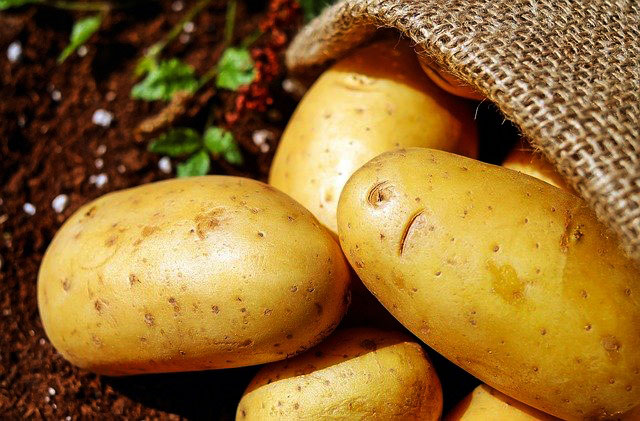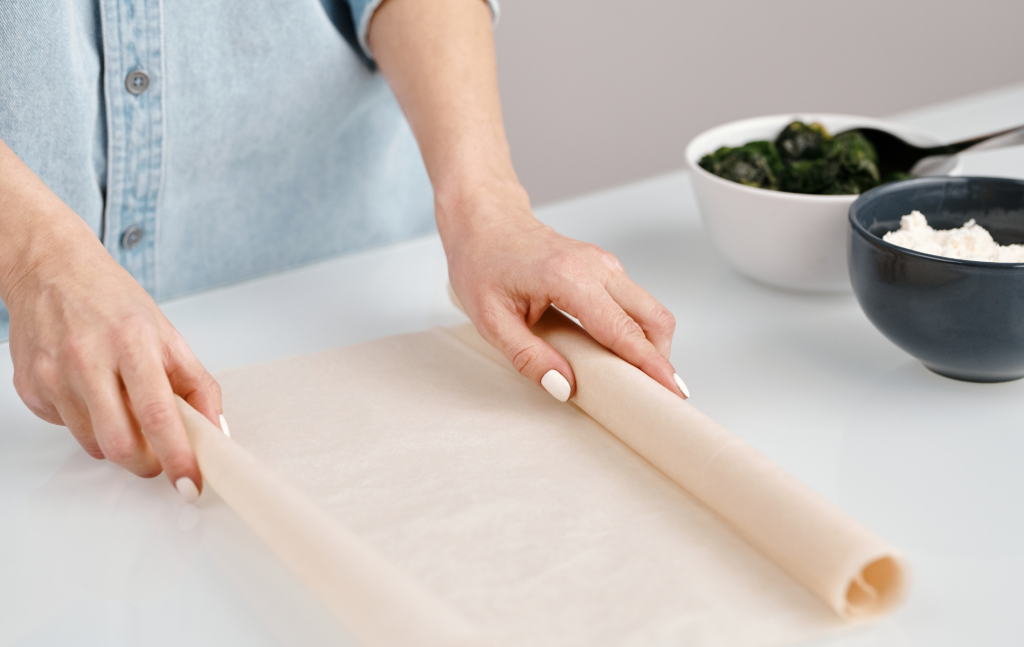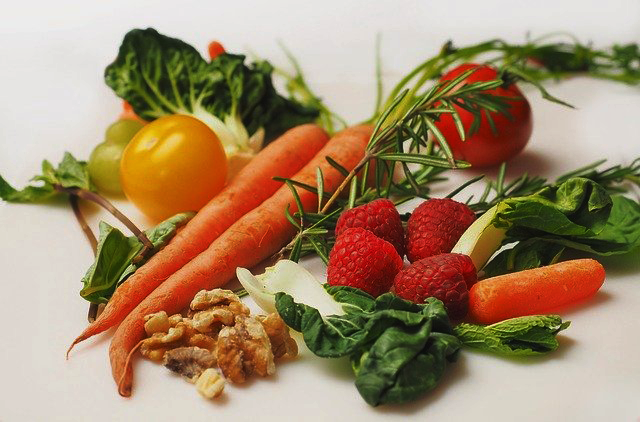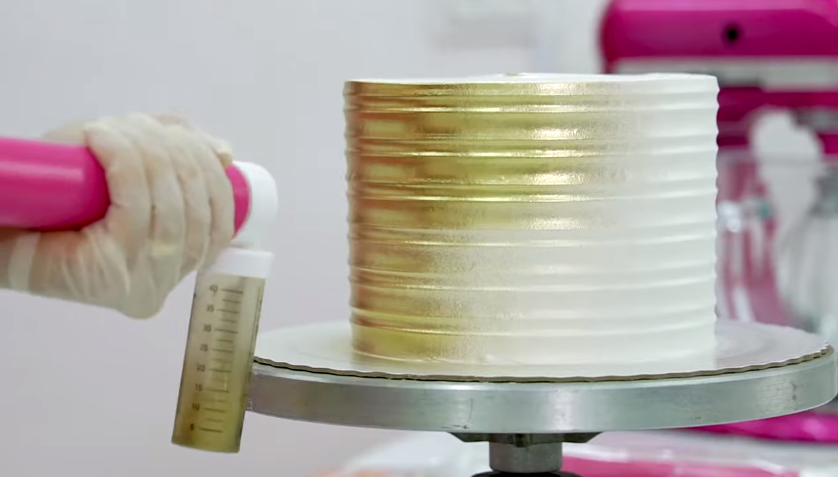Are you a rabbi?
Even if you are, it may not matter. A recent report in The New York Times spoke of various states implementing laws that determine which branch of Judaism has the authority to certify whether foods or restaurants are kosher, and pending suits against those laws in some states.
From a religious standpoint, a kosher chicken has been blessed, killed in a specific way, humanely, and the blood has been removed by salting and rinsing, The person who kills the animal must have had his piety and expertise attested by a qualified rabbi, as must the person who inspects the carcass, and the butcher must be a person of integrity. All the steps and all the people involved in the process must take place under reliable rabbinic supervision.
From a food standpoint, a kosher chicken has been allowed to grow for a couple of extra weeks, it has not been fed any additives or growth hormones, and because of the koshering process (the salting), it is likely to be a bit saltier than the non-kosher chicken. The kosher standard is stricter than that of the US Department of Agriculture, and a higher percentage of chickens are rejected by kosher inspectors. Theoretically it takes an average of three hours from the point of slaughter to packaging for a kosher chicken, versus 45 minutes on average for standard chicken. Not surprisingly, kosher chickens cost more, but in taste tests they have been found to have better flavor.
From either the religious or food perspective, all the steps in the process have been performed before your chicken gets to the store, and certainly before it got to you. Some beef, veal, or lamb may have been koshered at home in years gone by, but chickens have always been koshered in the packing plant.
Long story short – you cannot make a store-bought chicken kosher; you must buy a kosher chicken.
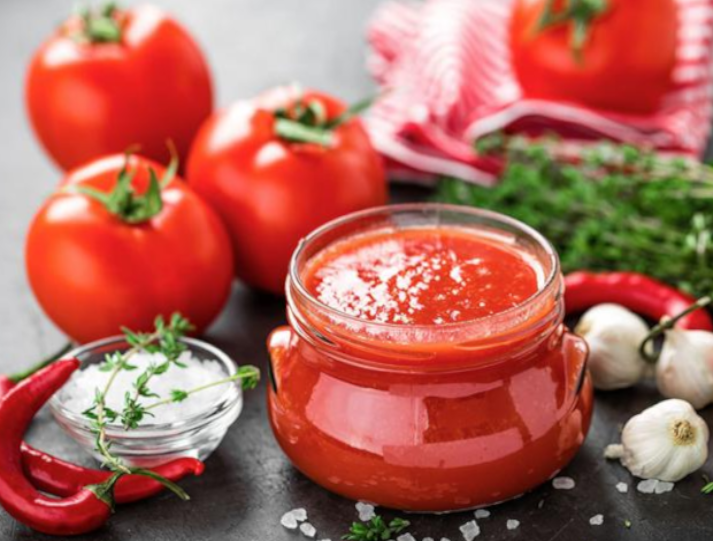



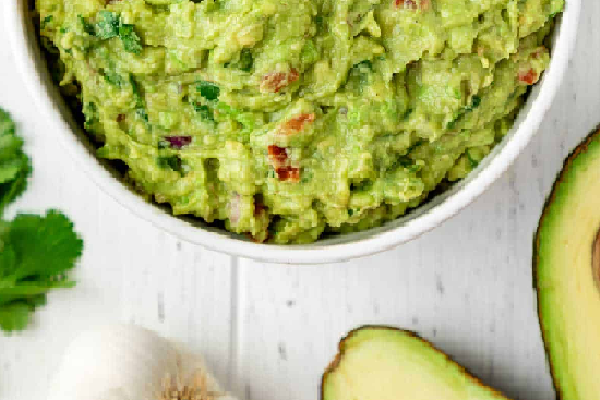

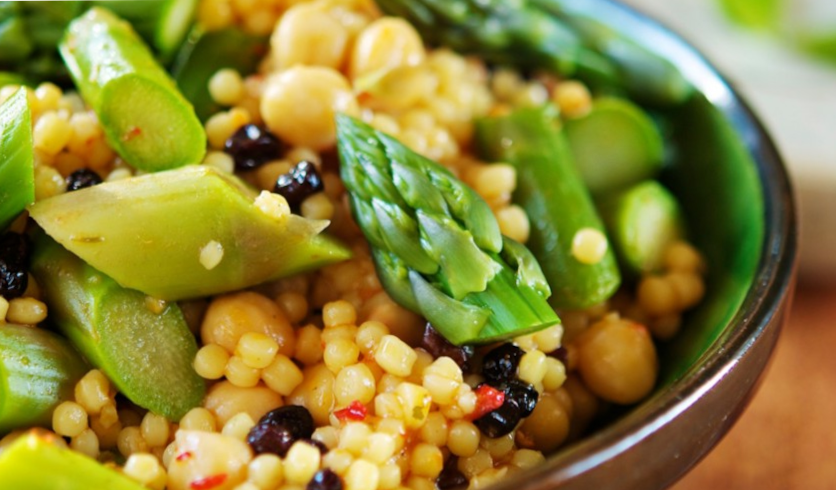
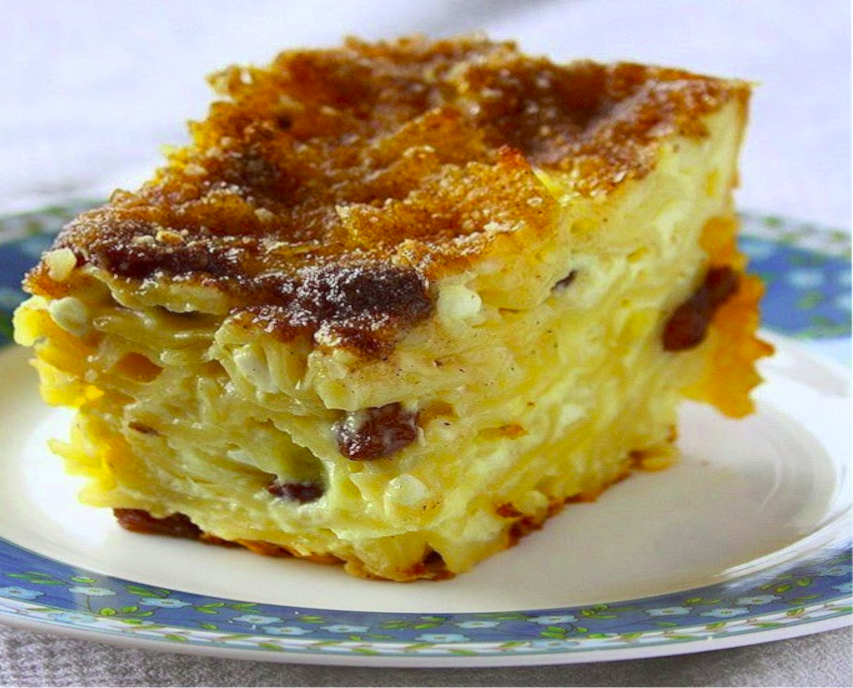






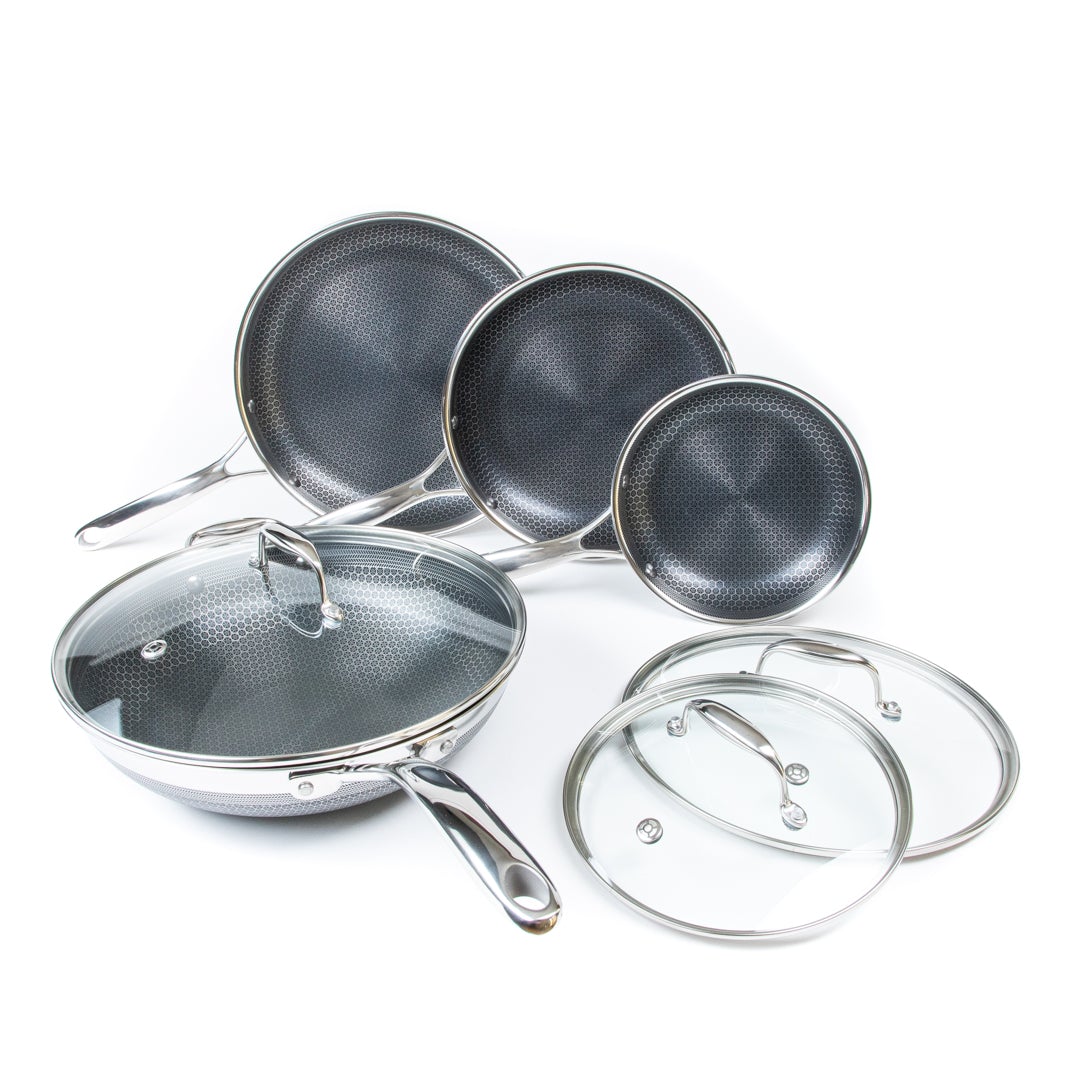


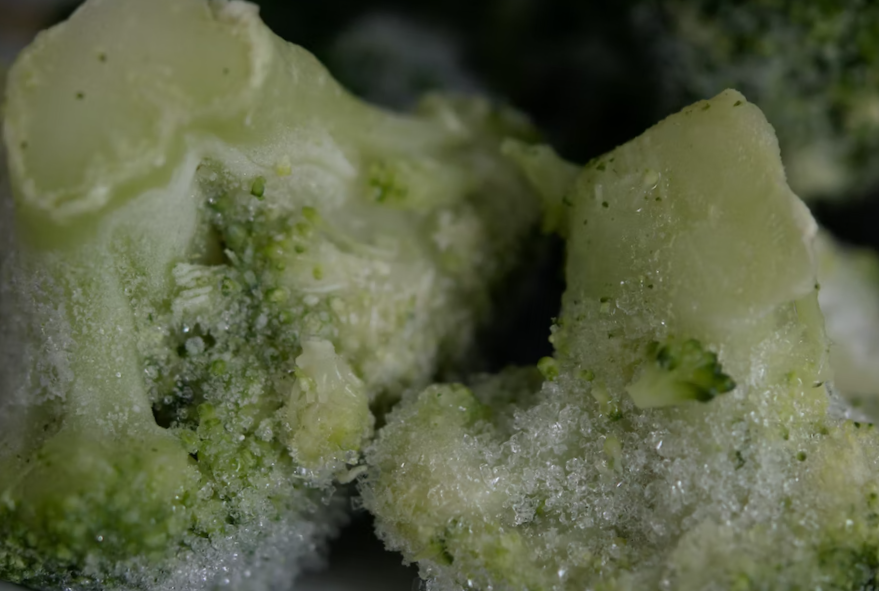

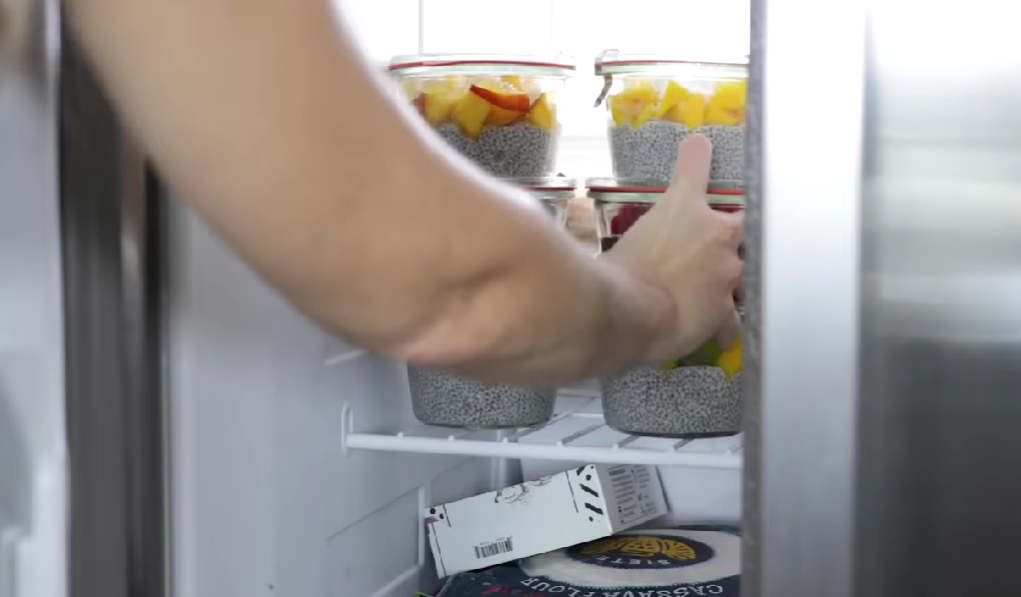

![Can you Cook Eggs in the Microwave? [Complete Guide]](/assets/images/c1f79d1cad59f18f9b5dc31403bd0eb2.png)

